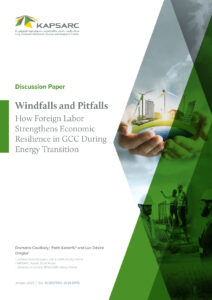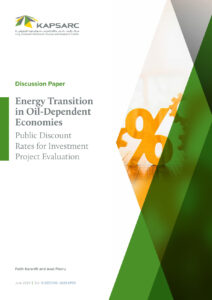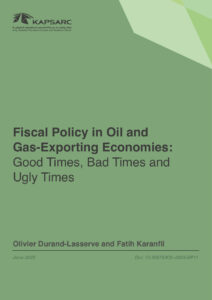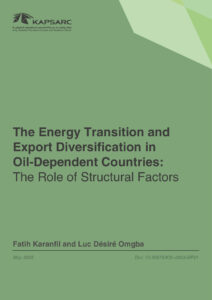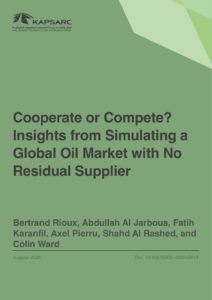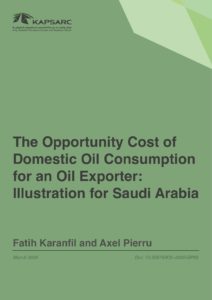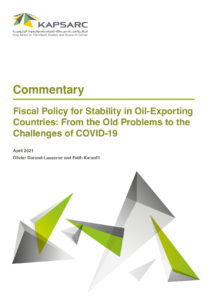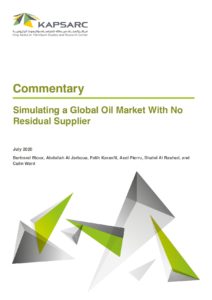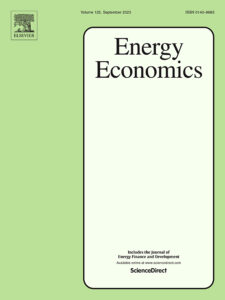Fatih is an economist who is interested in energy and environment. Before joining KAPSARC in December 2017, he was an Associate Professor of Economics at the University of Paris Nanterre and was a Fellow at EconomiX-CNRS in France. During this period, he conducted research, taught courses in energy economics, environmental economics, and econometrics, and contributed to projects funded by organizations such as the European Renewable Energy Council, the French Energy Council, and Région Île-de-France.
Fatih’s work at KAPSARC mainly focuses on developing economic frameworks to provide insights into energy and economic policymaking in oil-producing countries, particularly Saudi Arabia. His research appears in leading journals in energy economics as well as general-interest economics journals.
He received his Ph.D. in Economics from the University of Paris 1 Panthéon-Sorbonne in 2008. Prior to that, he completed an M.A. in Economic Analysis and Modeling jointly offered by the University of Paris 1 Panthéon-Sorbonne and École Centrale Paris. Fatih also holds an HDR degree, which is a French accreditation to supervise doctoral research.

